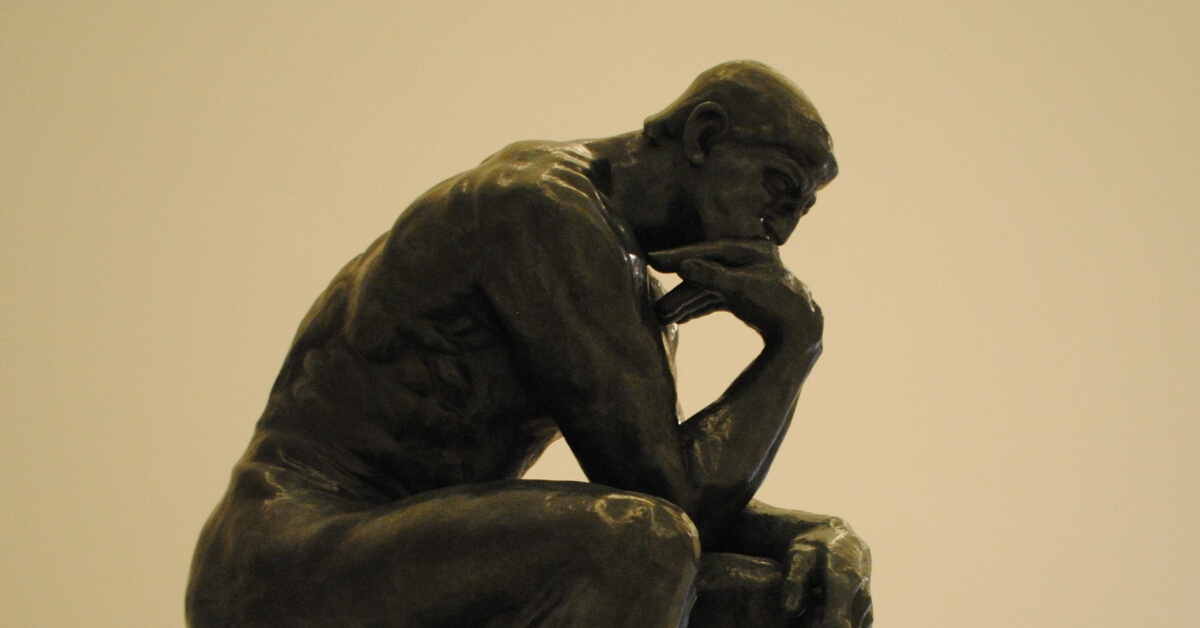There is a famous scene in the first Indiana Jones movie in which Jones, fresh off a fast-moving battle against a dozen attackers, is suddenly confronted by one more adversary: a massive, sword-wielding warrior. The director had planned a final, climatic fight with Indiana’s whip pitted against the sword of his opponent.
Instead, Harrison Ford simply pulled out a hidden pistol and shot the huge swordsman in the chest.
Ford knew his character was too tired to play around in that scene. He needed his best weapon against a dangerous adversary.
Being a Christian in a fallen world means you and I are also surrounded by dangerous adversaries, but too often we start the fight by tossing away our most powerful weapons. The problem is ultimately one of faith. The Bible calls us to arm ourselves with righteousness, faith, and prayer, but these don’t look very impressive arrayed against the world’s wisdom and power—so we throw down the weapons with “divine power to destroy strongholds” (II Cor 10:4) and snatch up the world’s shiny tin swords.










